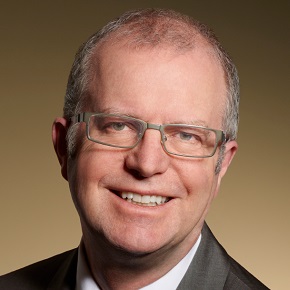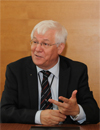 |
||
|
Russia Creates Unique Station to Analyze Seismic Activity in Arctic RIA Novosti, PUBLISHED 18.07.2014 The Russian Marine Innovations company, in collaboration with the Russian Emergencies Ministry, has built a unique underwater station to analyze seismic activity in the Arctic, a Marine Innovations representative told RIA Novosti on Thursday. “The underwater station [Arktika-Strazh-DSS] has extended the range of registered frequencies and electrochemical seismic sensors,” the company representative explained. The discovery of large hydrocarbon deposits in the Arctic has sparked international competition. The region, which is rich in natural resources, has been the subject of the territorial disputes between the five Arctic Ocean coastal states: Russia, Canada, Denmark, Norway and the United States. Topics: Russia Other news: Russia May Sign Agreement to Build 8 Reactors in Iran A source close to the negotiations told journalists Thursday. Hungary Enacts Law to Expand Nuclear Power With Russian Aid Hungary’s president has signed a bill into law to expand a nuclear power plant in the country with Russian assistance. Hungary Lawmakers OK Russia Nuclear Plant Deal Russia will provide Hungary a loan of up to 10 billion euros ($13.5 billion) - around 80 percent of construction costs. |
Hero of the day 
We are currently working with the Nuclear Decommissioning Authority (NDA) on this approach, which was submitted in response to their February 2012 call for alternative proposals. We appreciate that the UK is in the early stages of their policy development activities and are pleased to be involved in such important work. INTERVIEW
Yanko Yanev OPINION
Joint Plan of Action |

